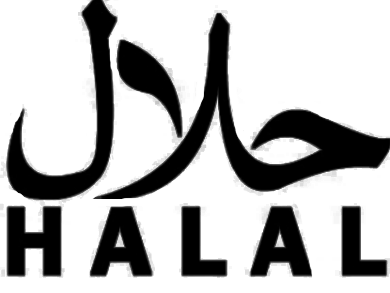BASF sites in Illertissen and Düsseldorf, both Germany, successfully underwent four audits and the company now offers 145 ingredients for personal and home care products which have been certified to the international halal standard HAS 23000.
BASF’s portfolio of halal ingredients ranges from sugar-based surfactants, pearlizers, emollients and protein derivatives for personal care applications – such as facial cleansers or baby bubble baths – to detergent and cleaning agents, and raw materials for the pharmaceutical industry. These ingredients have been approved by Halal Control, Russelsheim, Germany, or the Halal Food Council of Europe, Brussels, Belgium, which are both recognized by the Indonesian Council of Ulama (Majelis Ulama Indonesia) – a major umbrella association of Islamic quality management organizations.
Portfolio of halal ingredients answers the needs of predominantly Muslim countries of Asia. The driving force behind the growing demand for halal products is Indonesia. With over 200 million Muslims, the Asian island state is home to a huge number of potential consumers of halal personal and home care products. In 2014, Indonesia passed a law that will require all products to be labelled either halal or haram from 2019 onwards. Western consumers are also starting to request halal-certified products. According to market research institute TechNavio, the global market for halal-certified personal care products will continue to grow by 13.7 % each year up to 2019.
Production lines carrying halal-compliant ingredients have to undergo special cleaning procedures before they can be regarded as halal. They also must be separated from those carrying products that have been in contact with substances that are considered to be impure in accordance with Islamic Law. Use of alternative production lines is strictly prohibited. Equally strict guidelines apply to raw materials – their origins and transport conditions must be fully documented to ensure the entire value chain is halal.
- BASF SE, Ludwigshafen, Germany
Also of Interest
- Halal and Kosher Food Production: Interview with Prignitzer Marketing Director and Chief Executive,
Klaus Roth,
ChemViews Mag. 2012.
DOI: 10.1002/chemv.201200112
R.-E. Kühn and W. Krüger, Germany, talk about the challenges of becoming a certified producer of kosher and halal materials - Magazine: Chemical Production in Compliance with Torah and the Koran,
Klaus Roth,
ChemViews Mag. 2012.
DOI: 10.1002/chemv.201200088
Unusual interface between chemistry and religion, drawing upon examples from Islamic and Judaic law




